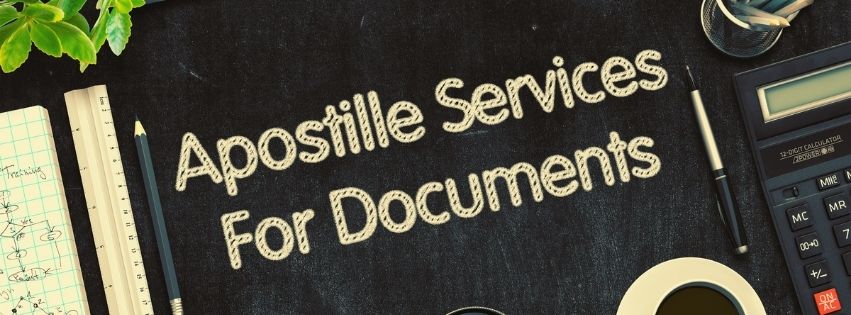
📌 How Do You Pronounce “Apostille”?
It is pronounced “Ahh Poh Steel”. It is a French word meaning “certification”.
📌 What Documents Can Be Apostilled?
Diem Notary can assist you with various personal documents, including powers of attorney, affidavits, adoption papers, passports, driver’s licenses, educational documents and many other legal documents that will be used outside the country.
📌 How Long Does the Apostille Process Take?
The duration varies based on the state that will be issuing the Apostille and if the recipient country is part of the Hague Convention.
If the document is being issued in Pennsylvania and the recipient country is a part of the Hague Convention, the turnaround time can be completed within 24-28 hours (as long as we have appointment times available).
Please note that there will be a RUSH fee charged for immediate turnaround.
📌 Do I Need to Notarize my Document Before Requesting an Apostille?
Some documents will require notarization before they can be apostilled. However, we can notarize the document for you and then guide you on the specific requirements for your document.
📌 Can You Handle Apostille Services for Documents Issued in Other States?
Yes, we have a large network of out of state notaries that we trust. Therefore, we can assist with apostille services for documents from various states, ensuring compliance with each state’s procedures.
📌 Is an Apostille the Same as a Notarization?
No, notarization verifies the signature on a document, while an apostille certifies the authenticity of the notarization for international use.
📌 What is the Difference between a “Hague” and “Non-Hague” Country?
In 1961, many countries joined in a treaty that simplified the authentication of public documents to be used around the world. The treaty is called The Hague Convention of 5 October 1961 or more commonly known as Apostille Convention. This international treaty was designed to simplify the authentication of documents for international use by replacing the lengthy legalization procedures with a single certification: the Apostille.
The process for a country not part of the Apostille Convention requires more steps, which includes authentication from the state level (where the document originated), the U.S. Department of State followed by legalization at the destination country’s consulate or embassy. It is very important to start this process early, as this process cannot be completed on a “rush” basis.
📌 My Document is in a Foreign Language. Does it Need to be Translated Before an Apostille is Requested?
No. The PA Department of State will attach an Apostille to a document in a foreign language, however, the notary certificate must be in English.
It is important to note that if the language in the document is translated, it must have a Certificate of Authenticity attached to the translation. Most Secretaries of State will not accept a translated document without the Certificate of Authenticity. The Certificate of Authenticity must be done by the American Translator’s Association or the National Association of Translators and Interpreters.
📌 Can I Remove the Staple from my Apostilled Document?
The staple SHOULD NOT be removed under any circumstances (even to make a copy). This will make the Apostille VOID and you will need to request a new Apostille which can cost you precious time and more money.
📌 Can I Obtain an Apostille by Myself?
Yes, it is possible to obtain an Apostille on your own, but the process can be complex, time-consuming and confusing. Each state in the U.S. has its own Apostille requirements, procedures, and government offices responsible for issuing Apostilles. If a document is not properly notarized, certified or submitted with the correct supporting paperwork, it may be rejected, causing significant delays and additional fees.
